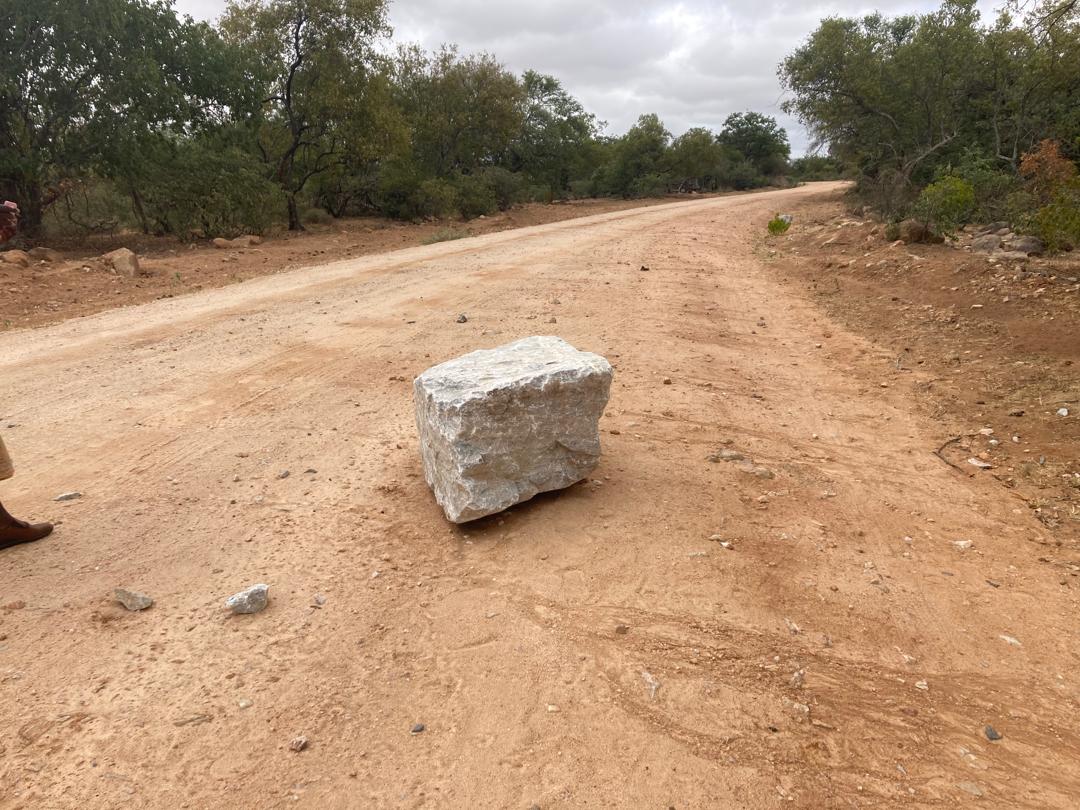Villagers in Gwanda have applauded the Gwanda lithium mine for swiftly addressing the issue of boulders of lithium ore falling from trucks during transportation to the Mandihongola plant.
Last month, CITE revealed safety concerns at the Gwanda lithium mine, highlighting the risks posed by falling boulders to villagers and motorists.
The Gwanda lithium mine is jointly owned by Crawford Minerals and Dinson Mining Investment, a subsidiary of the Tsingshan Group of China.
Responsible mining entails ensuring that mining activities do not harm the environment or violate human rights.
Gift Sebata, a villager from Ntalale, confirmed the positive developments. “They picked up the boulders,” he said. “We feel we’ve reached a point where the lithium mine is doing what they’re expected to do. They now have a dedicated vehicle specifically for picking up fallen boulders.”
Sebata, however, revealed that the trucks have changed their route, now passing along Manyange.
“We’re unsure if they’re taking the same precautions on this new route,” he said. “I don’t know how those villagers are affected now.”
Ward 11 Councillor Wilson Sebata also confirmed that the Gwanda lithium mine has addressed the issue of boulders on the road. “They’ve removed the boulders. You’ve done a lot, guys. Keep it up,” he said.
Lungile Masuku, team leader of the Gwanda Community Economic Justice Development Trust (an organisation focusing on social injustices in the extractives and environmental sector), expressed appreciation for the mine’s efforts to remove the boulders.
“We appreciate that they’ve realised they need to pick up the boulders immediately to prevent accidents, especially for those using vehicles. This shows they’ve listened to the community’s grievances,” she said.
However, she raised concerns about dust issues. “They haven’t changed their speed, but this can be hard to monitor as they might slow down when approaching people. However, this dust doesn’t only affect people; it also affects vegetation, which is vital for livestock,” Masuku concluded.

